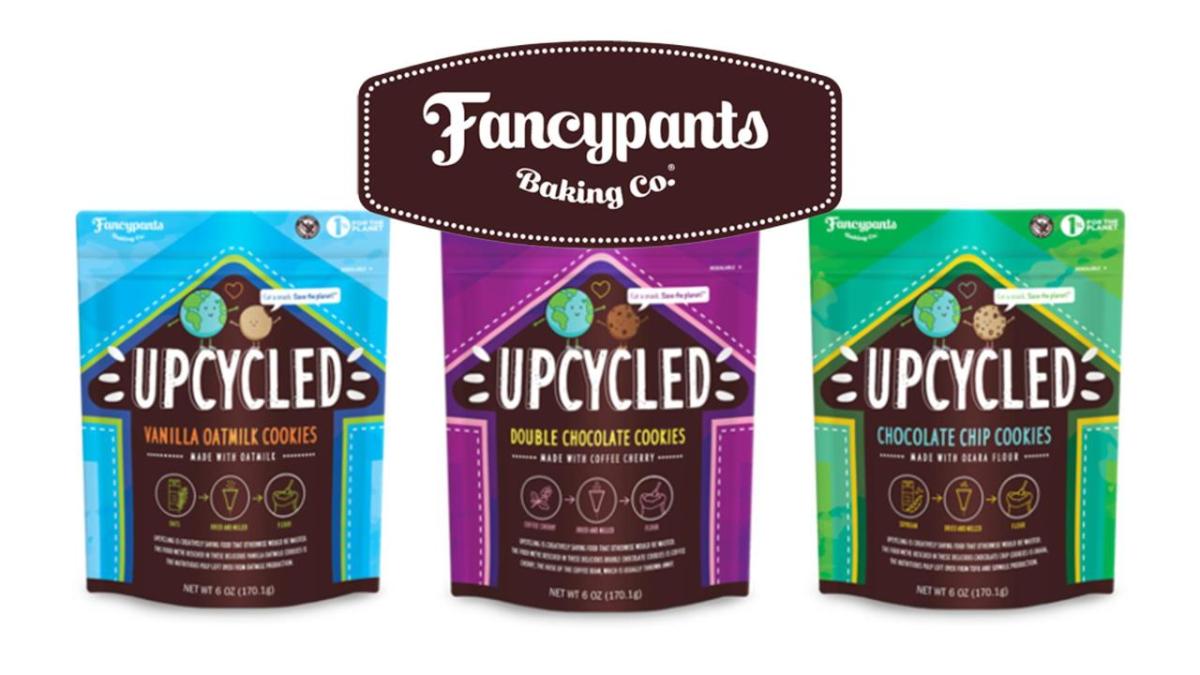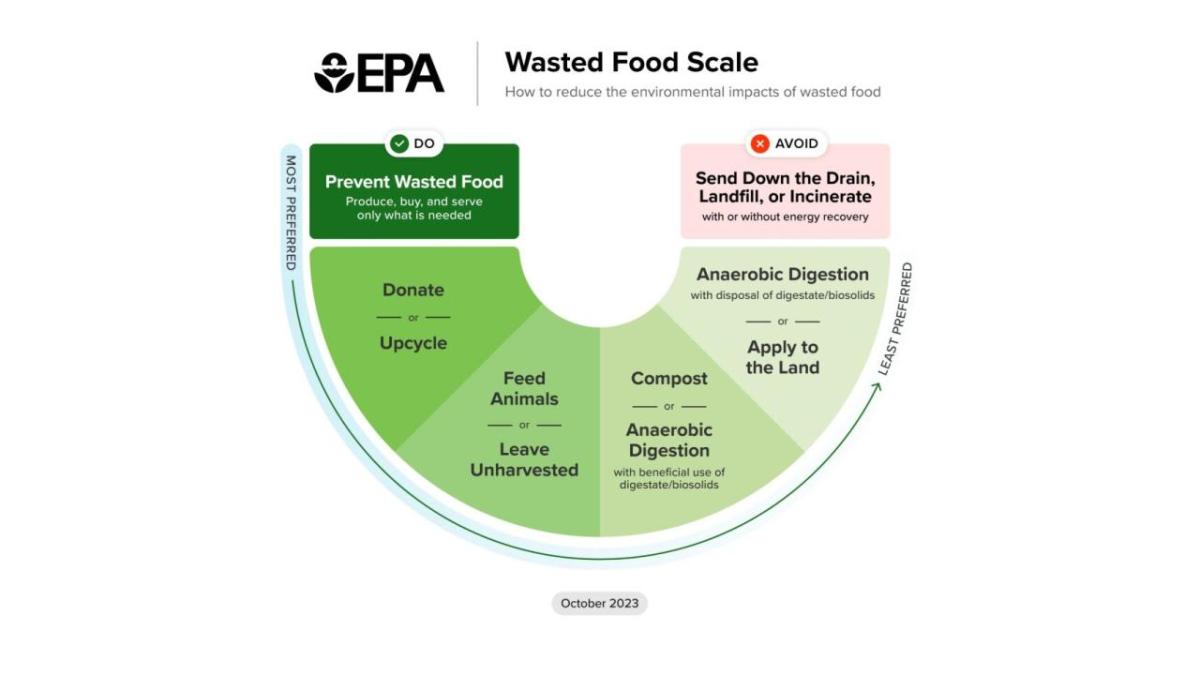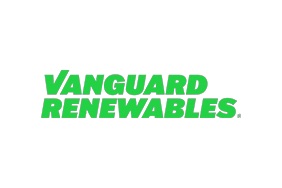Reduce, Reuse, Upcycle: Cookies at Fancypants Baking Co.
Published 11-07-23
Submitted by Vanguard Renewables

In 2019, 54.2 million tons of food was wasted in the United States. That is equivalent to 130 billion meals wasted. 27.6 millions of these tons went to a landfill, where they provided no value to society. A significant portion of this food could have been donated to hungry people, animal feed, composted, or sent to anaerobic digestion. The immense amount of food waste across the country requires various creative solutions. The latest trend: upcycling ingredients.
The Upcycled Food Association defines an upcycled product as “foods that are made with ingredients that would otherwise have ended up in a food waste destination such as a landfill or incinerator.” These upcycled foods are good for people and the planet because they create a more sustainable and resilient food system. Most people upcycle food in their cooking without even knowing. For instance, if you freeze your overripe bananas to use in smoothies or banana bread, you are participating in the upcycling economy by not buying new products and sending the imperfect ingredients to an end-of-life destination such as a landfill. Now, moving beyond just your kitchen, food manufacturers are following suit by implementing upcycled ingredients and foods into their product lines.
At Vanguard Renewables, we believe that edible and usable food scraps or ingredients should be upcycled, given to those in need, or to animals, before they reach our facilities. The EPA’s Food Recovery Hierarchy prioritizes anaerobic digestion as the best option when food is not donatable such as expired food or manufacturing byproducts that are unfit for human consumption. Upcycling is not explicitly included in the food waste hierarchy, but it contributes to the reduction of surplus food generated source reduction by using products that are already in the value chain instead of sourcing new ingredients.

Fancypants Baking Co., based in Walpole, MA, is committed to creating delicious hand-crafted non-GMO cookies with minimal waste, sustainable ingredients, and packaging. The company’s sustainable achievements are not only exhibited by their products and packaging, but also by being one of the founding members of the Farm Powered Sustainability Heroes (FPSH) program. The FPSH is a group of single-state or smaller regional food and beverage leaders looking for partnership and collaboratively beneficial opportunities to meet their robust sustainability goals and reduce their food and beverage waste. Throughout the production process, Fancypants Baking Co. unfortunately ends up with broken cookies. However, instead of sending these unsaleable cookies to landfill, this food waste gets turned into energy in one of Vanguard Renewables’ Farm Powered® anaerobic digesters.
To further their food waste initiatives and continue to make a positive impact on the environment, Fancypants Baking Co. joined the Upcycled Food Association and created a line of upcycled cookies. Using products like okara, the nutritious pulp left over from tofu and soymilk production, coffee cherry, the husk of the coffee bean, and the nutritious pulp leftover from oat milk production, Fancypants Baking Co. is rescuing food that would otherwise be wasted. You can purchase Fancypants Baking Co’s delicious upcycled cookies here.
There are immense social and environmental benefits that will result from more companies bringing upcycled ingredients and food into the mainstream. By changing the concept of food waste to view food scraps or byproducts as a potential source of a new value-added product, consumer habits will favor practicing and purchasing upcycled products and together can reduce the 6% of all global GHG emissions that comes from food loss and waste.
Additionally, Fancypants Baking Co.’s dedication to mitigating climate change and to reaching its own sustainable targets has garnered national attention. Check out this spot from NPR’s All Things Considered where they were featured along with Vanguard Renewables discussing our Farm Powered® movement.

Vanguard Renewables
Vanguard Renewables
Vanguard Renewables, based in Weston, Massachusetts, is a national leader in developing food and dairy waste-to-renewable energy projects. The Company owns and operates on-farm anaerobic digester facilities in the northeast and currently operates manure-only digesters in the south and west for Dominion Energy. The Company plans to expand to more than 150 anaerobic digestion facilities by 2026. Vanguard Renewables is committed to advancing decarbonization by reducing greenhouse gas emissions from farms and food waste and supporting regenerative agriculture on partner farms through anaerobic digestion. Vanguard Renewables is a portfolio company of BlackRock Real Assets. To learn more about the Company, its energy partners, and the Farm Powered Strategic Alliance, visit www.vanguardrenewables.com
More from Vanguard Renewables

